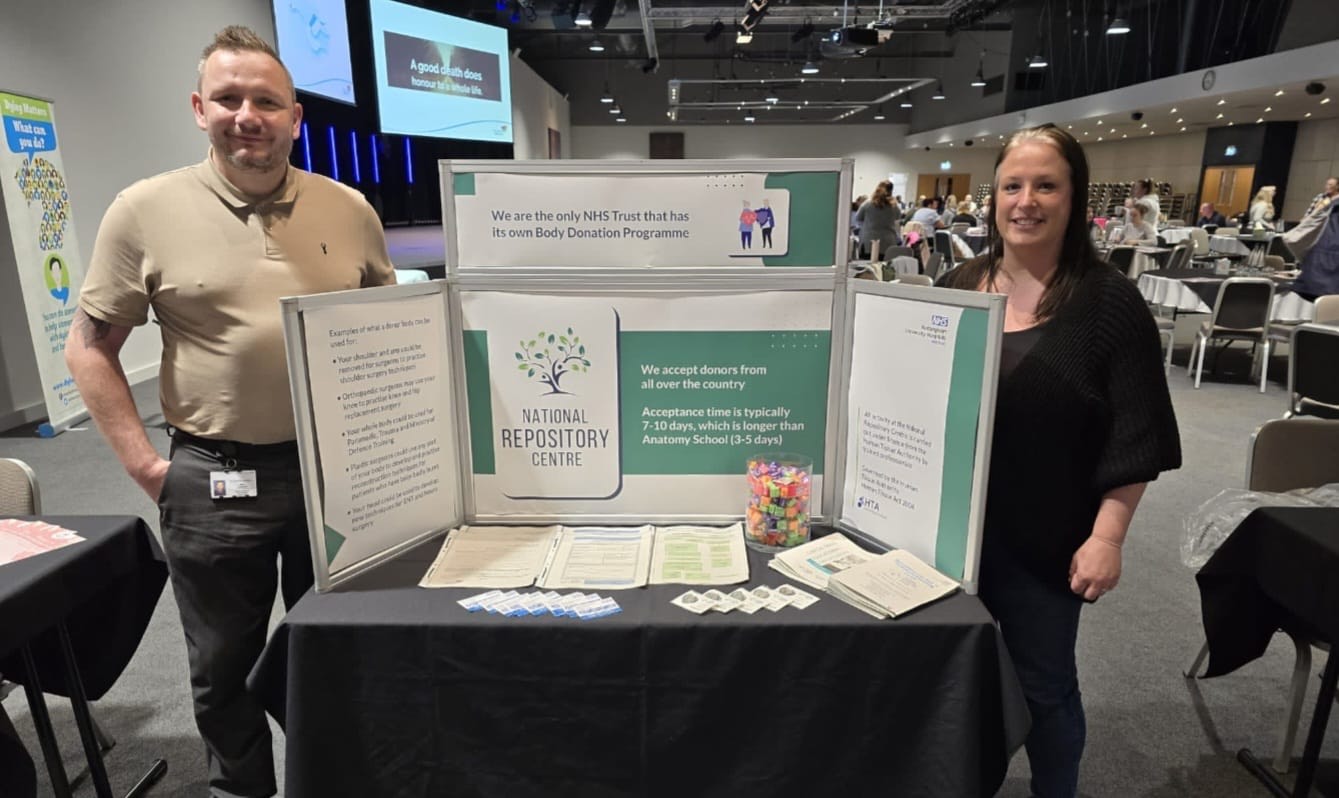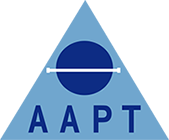News
Dying Matters Conference 2024
A report from Anita Smith MAAPT on the event held at Nottingham University Hospitals

Every year Nottingham University Hospitals host a dying matters conference for staff to help improve approaches to end of life care. This year’s theme was ‘’all things being equal in end of life care”.
The first talk was from Dr Catherine Vincent, a palliative medicine consultant. Her talk centred around the overall theme of inequality in health care specifically focusing on palliative medicine.
The specific areas for focus were social deprivation, ethnically diverse backgrounds, homelessness, LGBTQ+, imprisoned people and learning disabilities. It was interesting to hear that there is as many as one in four people being unable to access palliative care and end of life support services, and that people in the most deprived parts of the country receive almost £400 less healthcare investment per person in the last year of their lives.
The next talk was from a group who support the homeless population in Nottinghamshire and includes a homeless health nurse specialist, the manager of Edwin House (supporting people with substance misuse issues) and a social worker who specialises in Severe and multiple disadvantages (SMD). They introduced us to the story of David, a gentleman who referred to himself as ‘just a junkie’.
They shared with us his incredibly sad story and how he had struggled to engage with support services and healthcare which ultimately left him banned from most hospitals/ GPs and support services in Nottinghamshire. He had incredibly complex health needs due to his long term drug misuse and was denied basic provisions such as Stoma bags due to his behaviour. It eventually turned out that with the support of Edwin house and the care team, who were determined to help him, he entered into hospice care and was able to have a dignified death shortly after.
It was eye opening to learn more about how our homeless populations are treated and how difficult it is to provide the level care required for numerous reasons.
Another particularly interesting talk was from Ashley James Hayhurst and his talk focused on the Trans and gender diverse community’s access to and experiences of end of life care. As a GIRES (Gender Identity Research Education Society) trainer he aims to improve the end of life, palliative, funeral, memorial and bereavement care for Trans and gender diverse people in England and Wales.
There was a lot I hadn’t considered regarding inclusion in the planning of end of life care for people in this community. Even down to the basics of potentially being catheterised being more complicated and the potential for discrimination during personal care due to a lack of knowledge/stigma.
It was stark how lacking the training for healthcare professionals who are supporting individuals was and that many felt that they would benefit from the introduction of such training. Ashley has helped launch the ‘Being Ready’ Training to advise people on their rights and things they can do to help avoid being mis-gendered in death/ being given a funeral for someone they are not any longer. With the use of prosthetic ‘death dummies’ he supports people with how to undertake correct personal care and dressing of the deceased from this community.
The most interesting talk I found from the day was from Jayne Ellis, the founder/CEO of emotional fatigue training. Her talk focused on the impact compassion fatigue takes on healthcare professionals dealing with other people’s trauma and suffering.
She explained that when witnessing another person’s suffering our own nervous systems respond to this perceived danger and assumes the ‘trauma’ is happening to ourselves sending us into the flight and fight response. Over time we repress these feelings and carry on but the emotional and physical reaction continues causing symptoms of Compassion Fatigue. She went on to explain that the symptoms are acute anxiety, being irritable, withdrawing and becomming a ‘robot’. The training she delivers helps healthcare professionals to build their emotional resilience using self-care and compassion.
Recognising when we are in phases of compassion fatigue and being responsibly selfish. Some of the questions that were asked highlighted the wish for this training to be included as part of mandatory training packages within trusts as a bare minimum.
To wrap the day up there was a focus on different staff groups and what measures they are implementing to help improve EOL care within our specific Trust. This included Legacy Memories for families such as hand prints, knitted hearts, Teddies and Doppler heartbeat recordings.
Memorial days are now common across different wards such as Critical Care, in order to allow families to come together to celebrate their loved ones who have died in that area so they don’t feel so alone and have a larger network of support. There is also a body of work being done by the applied health professionals (OTs, Physio’s, SALT teams, Dieticians and Pharmacy students) about how they play a role in EOL and have developed training for others in these areas.
